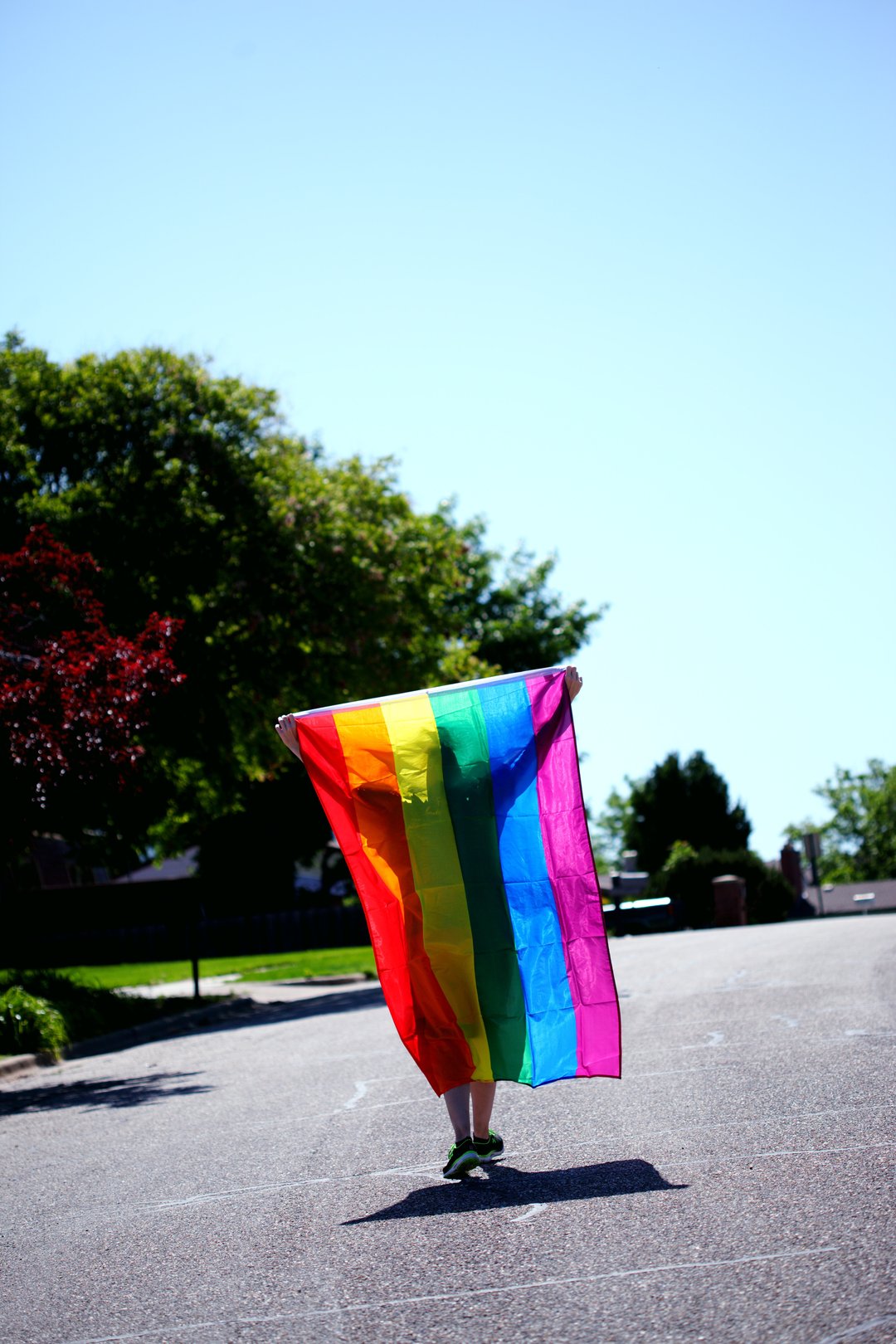How to avoid cultural appropriation at work on Halloween
Posted in: Diversity & Inclusion
Read Time: 1 Min Read

As we celebrate Halloween, many people will be picking out costumes for themselves or for their children, and the issue of cultural appropriation becomes relevant.
What is cultural appropriation?
Cultural appropriation refers to the inappropriate adoption of the practices, customs or aesthetics of one's social or ethnic group, by members of another. However, it's important to know that this is different from showing appreciation of a culture, which lies in knowledge and recognition.
Why is cultural appropriation offensive?
The issue of cultural appropriation tends to become more prominent around Halloween as stereotypical costumes are often worn with ignorance and neglect the culture from which the costume comes from.
Traditional costumes are also typically becoming fetishized rather than respected or understood. This can be offensive to a wide range of people, but most importantly to those who are closely linked or come from the culture being taken out of context.
Furthermore, reducing an entire group to a "costume" is insensitive to the history and struggles, and often shows the privilege the wearer has in being able to pick the most flattering parts of a culture while neglecting the rest.
How to distinguish between cultural appropriation and appreciation
Several things need to be considered when choosing a Halloween costume including:
The context of the show/film
Make sure to do your research first on whether the film depicts a specific culture/person or perpetuates ignorant stereotypes.
The context of actors portrayed in the show/film
Consider socio-political contexts around when the film was made, the era it's depicting, and how it's aged within modern-day culture.
Public opinion around the show/film
One of the most important things to you can do when examining the boundaries around a costume is to see how the minorities respond and respect the general consensus. If unsure, it's usually best to avoid it and explore other options.
How you're representing a character
If you're changing your skin colour, hair, makeup, or even the way you speak to adopt a specific accent, then you might be appropriating rather than appreciating a minority culture.
Your own context and the context of your own culture
It's important to know about the wider context of a costume before committing. Learn how people from your culture have interacted with the minority group and if there's any history of oppression or power. A reflection on power dynamics can determine why your costume might be offensive.
Recent
- Driving Transformation Success in Financial Services: The Critical Role of Programme Management in 2025
- The Future of Programme Management: Trends and Technologies to Watch in 2025
- The Evolution of Wealth Management: Driving Client Engagement and Industry Transformation
- Preparing for legislation changes in 2025 - Albany Beck’s Change Management Solutions Breakfast Roundtable
More Like This
 Insights ,
Diversity & Inclusion
Insights ,
Diversity & Inclusion
Embracing the Rainbow: Celebrating Pride Month with Purpose
At Albany Beck Consulting, we take immense pride in our commitment to inclusivity, diversity, and corporate social responsibility. As Pride Month takes centre stage in the UK, we seize this opportunity to reflect on the rich history of the LGBTQ+ community, the origins of the Pride movement, and our unwavering support for fostering an inclusive environment. In this blog post, we delve deeper into the profound significance of Pride, its historical roots, and how our consultancy firm actively promotes inclusivity and supports this empowering movement. The History of Pride: A Catalyst for Change Pride Month traces its origins back to the ground-breaking events of the Stonewall Riots in 1969, a pivotal moment in the LGBTQ+ rights movement. During a time when discrimination and oppression were rampant, the Stonewall Inn in New York City became a sanctuary for queer individuals seeking community and acceptance. However, frequent police raids and mistreatment led to an eruption of resistance on the night of June 28, 1969. The ensuing protests and demonstrations, fueled by the courage and determination of transgender women of colour, drag queens, lesbians, gay men, and countless others, marked a turning point in history. The Stonewall Riots became a catalyst for change, sparking a global movement that continues to fight for equality, acceptance, and dignity for all LGBTQ+ individuals. The Significance of Pride: A Celebration of Diversity and Resilience Pride Month is far more than a celebration—it is a powerful reminder of the journey toward LGBTQ+ equality and the ongoing struggle for acceptance. It serves as a platform for the LGBTQ+ community and allies to honour progress, celebrate diversity, and raise awareness about the challenges that still exist. Today, Pride has blossomed into a global phenomenon, with vibrant parades, events, and festivities taking place worldwide. These colourful displays of unity and solidarity allow LGBTQ+ individuals and their allies to come together, share their stories, and advocate for a society that embraces and celebrates everyone's unique identities. Our Commitment to Pride: Fostering Inclusivity and Transforming Lives At Albany Beck Consulting, we firmly believe that an inclusive and diverse workplace fosters innovation, creativity, and success. We are committed to creating an environment where all employees feel valued, respected, and empowered to bring their whole selves to work. Here are some ways in which we actively support the LGBTQ+ community: Non-Discrimination Policies and Practices: We maintain robust non-discrimination policies that explicitly include sexual orientation, gender identity, and gender expression. We continuously educate our workforce about these policies and promote a culture of respect and equality. Education and Training: We understand the importance of education in fostering understanding and empathy. Our consultancy firm provides comprehensive training and resources to employees, ensuring they are equipped with the knowledge and skills to create an inclusive and supportive environment for LGBTQ+ colleagues and clients. Community Partnerships: We actively engage with LGBTQ+ organizations and initiatives, forging partnerships that aim to make a meaningful impact. Through sponsorships, volunteering, and collaborative projects, we demonstrate our unwavering support for the LGBTQ+ community beyond the confines of our office. Pride Celebrations and Corporate Social Responsibility: As part of our commitment to corporate social responsibility, we actively participate in local Pride parades and events. We encourage employees to join us in celebrating Pride, showing solidarity, and marching alongside community members, activists, and organizations dedicated to advancing LGBTQ+ rights. Embracing Pride, Inspiring Change As Pride Month unfolds, let us honour the bravery, resilience, and activism of those who fought for LGBTQ+ rights. At Albany Beck Consulting, we stand firmly alongside the LGBTQ+ community, promoting inclusivity, celebrating diversity, and working towards a future where every individual feels accepted and valued. By embracing the spirit of Pride, we inspire change within our organization, our communities, and society as a whole. Happy Pride Month! Diversity & Inclusion
Diversity & Inclusion
How to celebrate Diwali at work
As part of our diversity commitment, it is important that we support our clients and consultants who celebrate Diwali, and promote it within the workplace. To learn more, read below to find out what the holiday is about and how to celebrate it at work. Diversity & Inclusion
Diversity & Inclusion